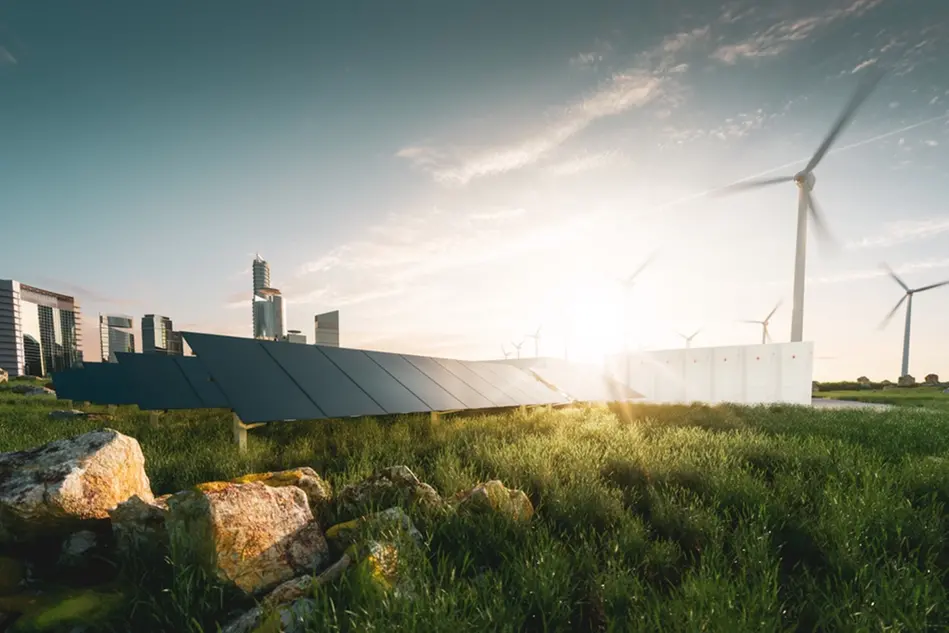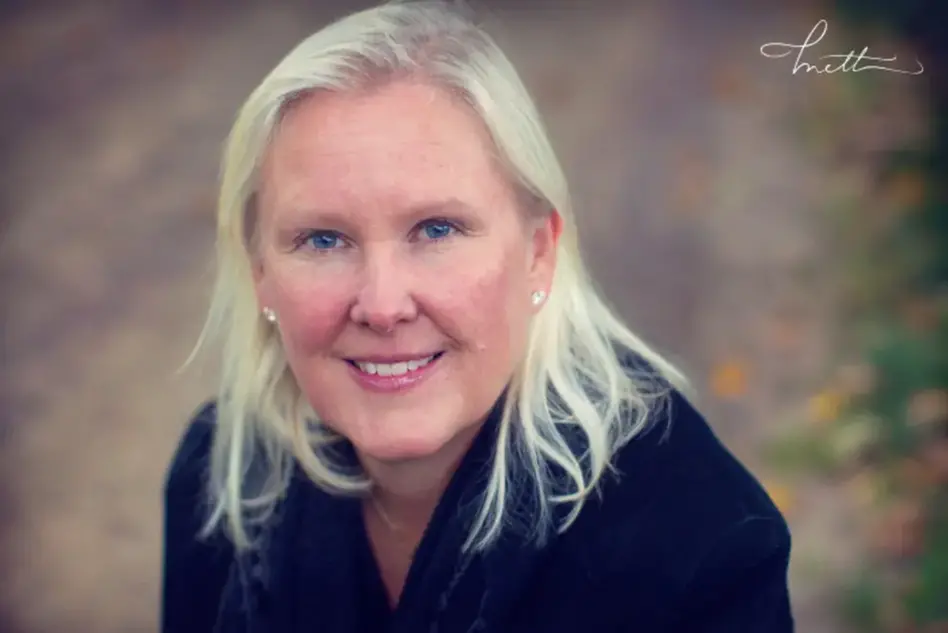Digital courses to equip tomorrow’s sustainability leaders
How can we build sustainable cities of the future? Through the EU project RES4CITY, digital, open courses in sustainable energy and mobility are being developed. Halmstad University contributes with expertise in circular business models, energy transition and gender mainstreaming – and is thereby helping to prepare the sustainability leaders of tomorrow.

“It is important that we as researchers participate in the transition to a more sustainable society.”
Pia Ulvenblad, Docent in Business Administration
RES4CITY is a European collaborative project that aims to reduce the skills gap that is hindering the transition to sustainable energy. The project is funded through the EU’s research and innovation programme Horizon Europe and will contribute to the green transition through access to free, quality-assured education.
“It is important that we as researchers participate in the transition to a more sustainable society. That is why it feels exciting that we can contribute to the RES4CITY project by developing courses”, says Pia Ulvenblad, Docent in Business Administration at Halmstad University.
The project responds to a growing shortage of trained professionals in renewable energy – a sector that, according to the European Commission, has the potential to create up to 43 million jobs globally by 2050. By offering 44 courses on topics such as technology, business models and social perspectives, RES4CITY opens up opportunities for more people to take part in this transition.

Pia Ulvenblad. Photo: Mette Ottosson
Halmstad University is participating in the project through the research programme ProActS and has developed several course modules in areas that are essential to the sustainable cities of the future. These include biogas systems, circular economy, small-scale wind power, sustainable business models, gender equality and innovation management.
“Several of us researchers have worked intensively to develop the course modules. It has been very rewarding to work in a truly multidisciplinary way, and this project has offered excellent opportunities to do so”, says Pia Ulvenblad.
The University is also responsible for one of the project’s industry-based case studies, focusing on sustainable bioenergy with particular emphasis on the impact on coastal urban areas and links to sustainable business innovation.
“For many years, researchers at Halmstad University have been developing models related to biogas production – an important step in the shift from a linear to a circular economy”, says Pia Ulvenblad.
The courses are available via the project’s digital platform and provide certificates upon completion. Participants can strengthen their skills in areas such as circular economy, sustainable energy use and social sustainability, which are fields where knowledge is increasingly in demand across both the public and private sectors.
RES4CITY is coordinated by Maynooth University in Ireland and brings together 17 partners from 8 European countries.
Text: Lovisa Essunger
Photo: iStock


